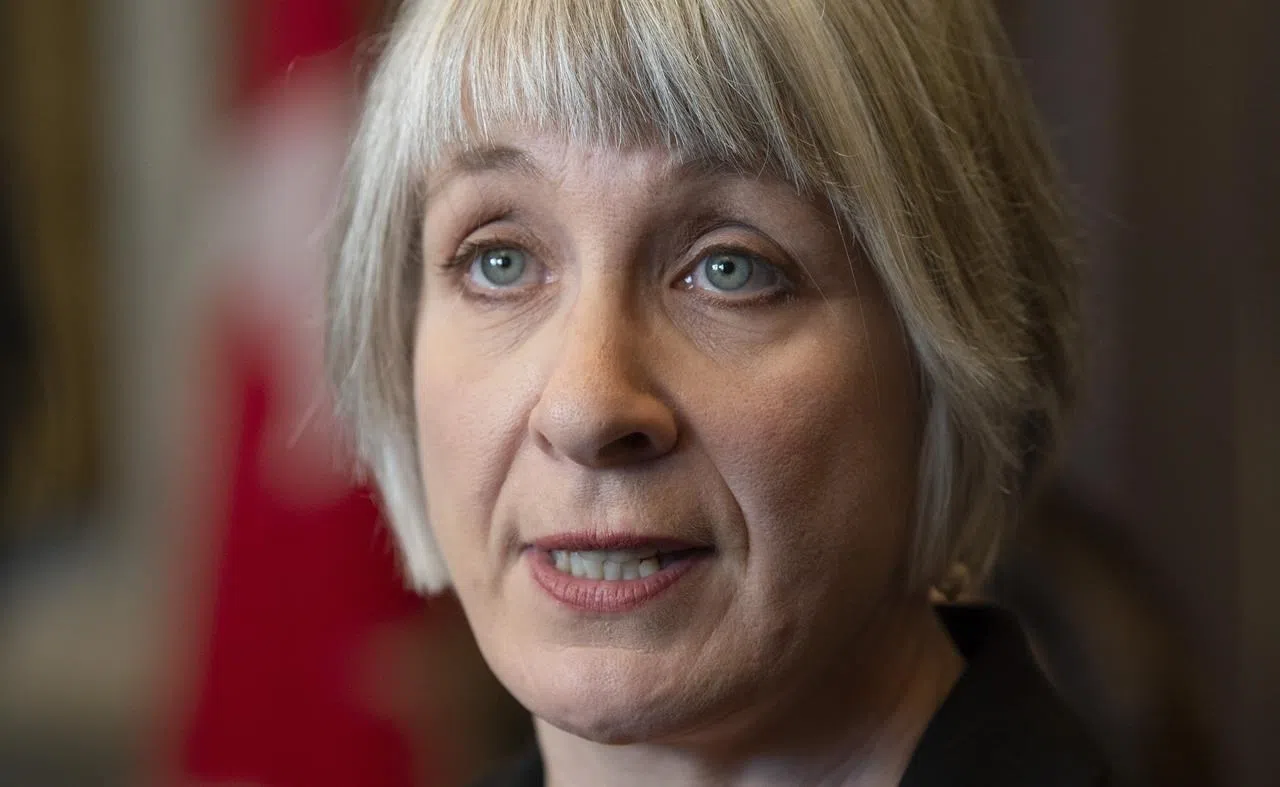
Federal government commits $2.8 million to anti-workplace harassment project
A project aimed at reducing workplace harassment and promoting accountable work environments will receive almost $2.8 million in federal funding, the government announced Friday.
The money will go to fund Roadmap to Future Workplaces, a project that will provide training on legal rights and help create plans to reform company policies that enable workplace sexual harassment.
Employment Minister Patty Hajdu made the announcement in Toronto, where she joined by Canadian actor Mia Kirshner, co-founder of AfterMeToo, an anti-sexual harassment group and Canadian author Margaret Atwood.
The Canadian Women’s Foundation, AfterMeToo and Aboriginal Peoples Television Network will collaborate on the program, which will be hosted on an online platform called Rosa, founded by Kirshner.
